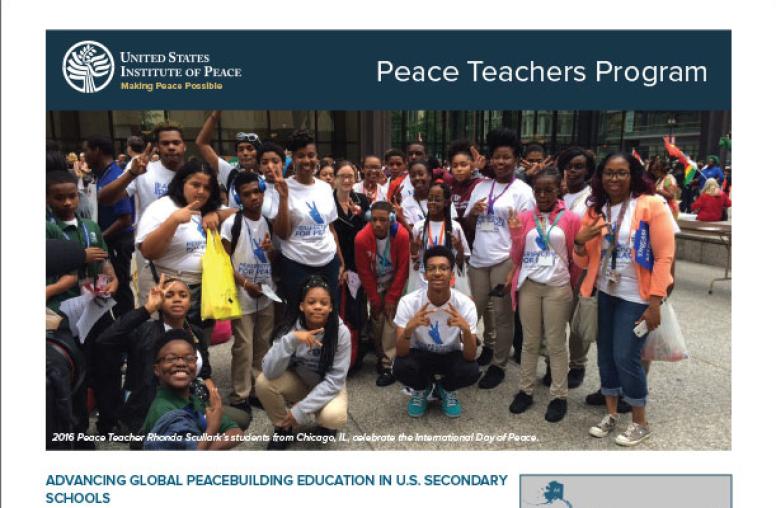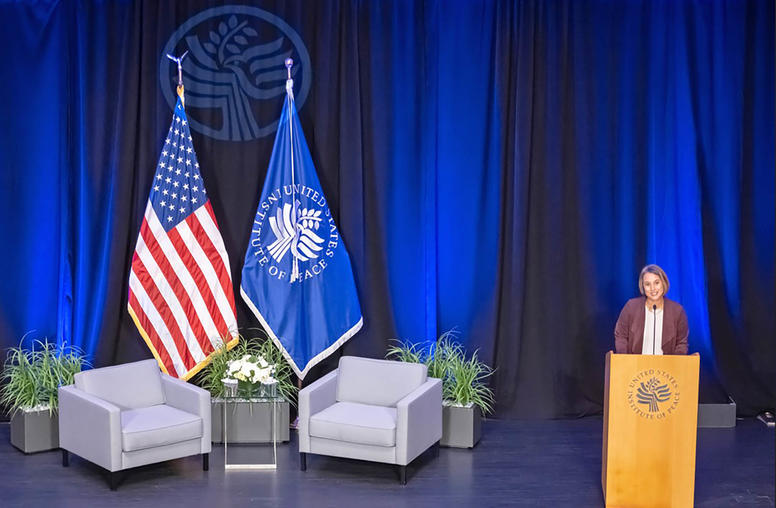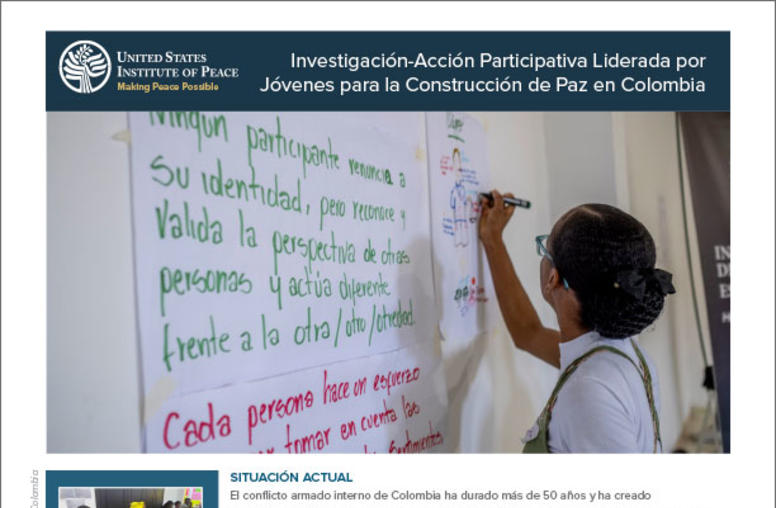AI and the Next Generation of Peacebuilders
As we enter into the era of artificial intelligence (AI), marked by developments like OpenAI's ChatGPT-4, we find ourselves at the intersection of profound innovation and potential global upheaval. With AI's capacity for autonomous learning and adaptation, it stands to drastically reconstruct our societal fabric. It can be a beacon of peace, capable of predicting conflict, streamlining dialogue and catalyzing peacebuilding initiatives. Yet, in absence of regulatory checks, it could foster destabilization, bolster autocratic systems, proliferate misinformation and compromise democratic values.
English
Spanish
On September 8, USIP held a conversation on the rapidly evolving world of AI that examined its potential as both a beacon for peacebuilding and a challenge for global stability. The discussion featured perspectives from USIP’s Youth Advisory Council and shed light on AI’s transformative implications for conflict resolution, societal structures and the role of youth in shaping this digital future.
Continue the conversation on Twitter using the hashtag #AIinPeacebuilding.
Speakers
Dr. Andrew Imbrie
Associate Professor of the Practice in the Gracias Chair in Security and Emerging Technology, Georgetown University
Branka Panic
Founder and Executive Director, AI for Peace
Alexandra Håkansson Schmidt
International Governance, Peace and Security Consultant, U.N. Women
Zied Touzani
Founder, Tun’Act
Oni Papa, moderator
Youth Advisory Council, U.S. Institute of Peace



